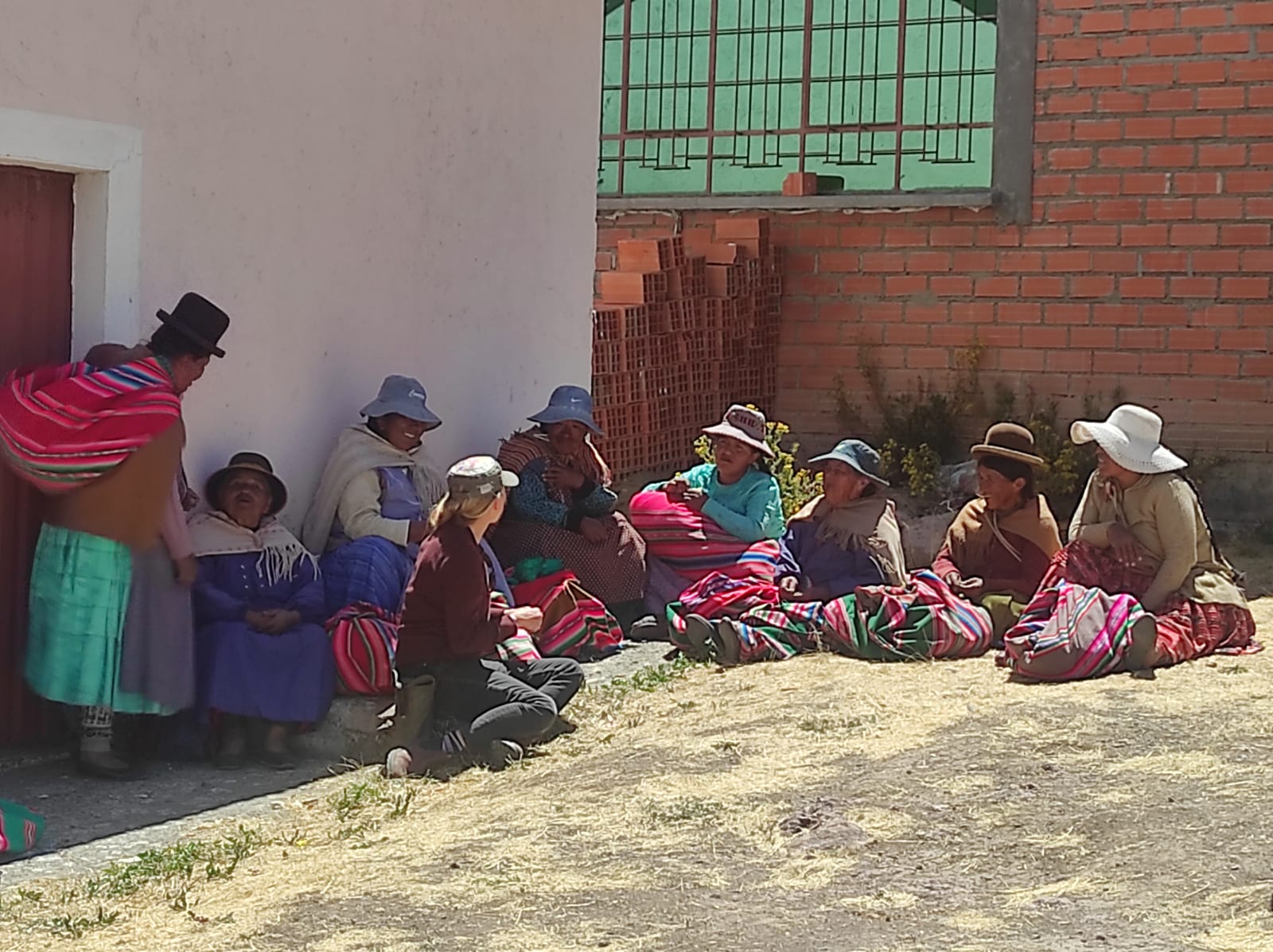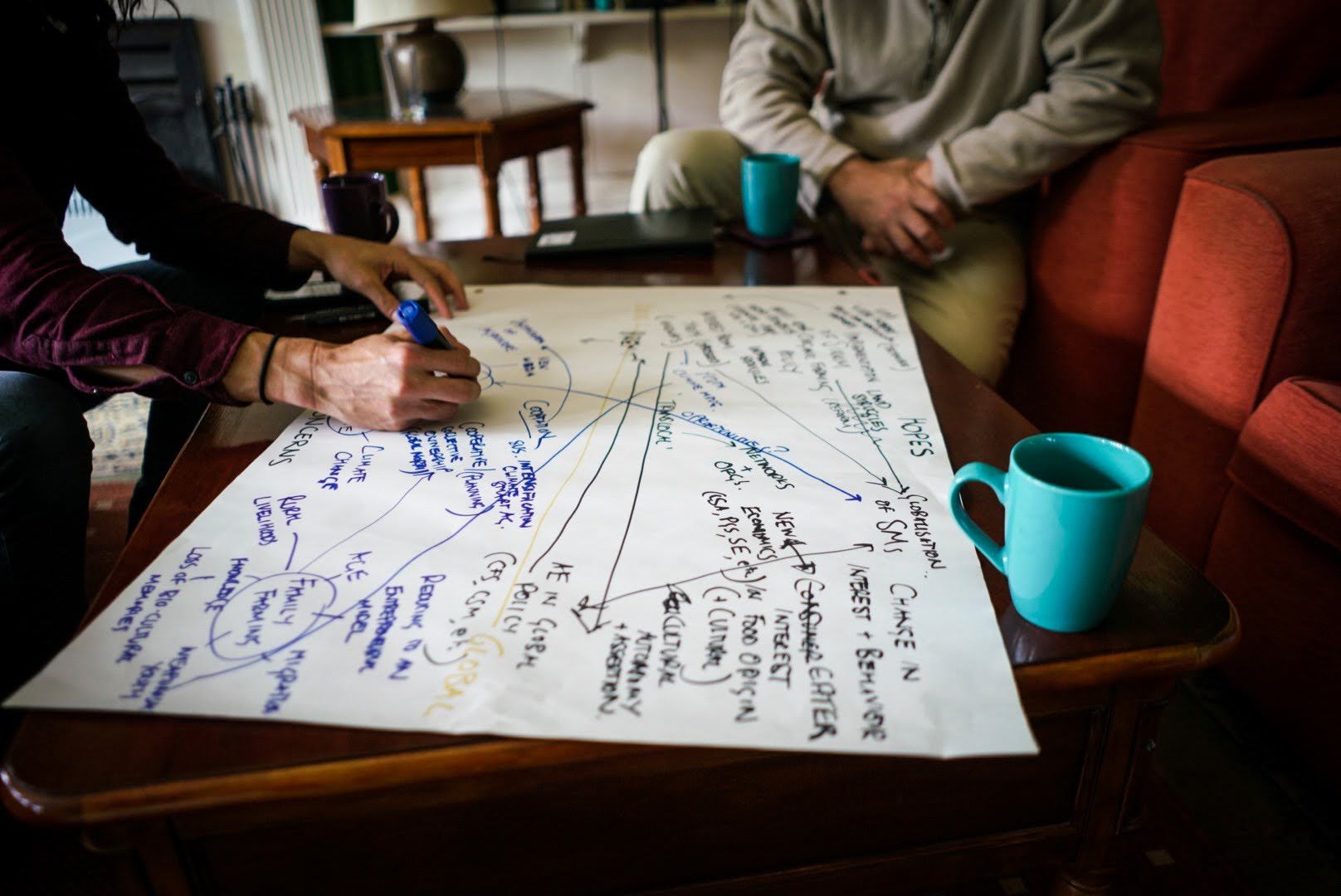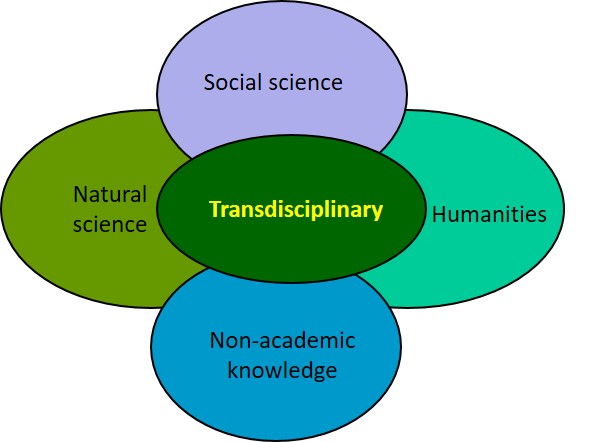By accompanying CRFS and its regional Communities of Practice (Andes, East & Southern Africa, and West Africa), we aim to fundamentally strengthen agroecological transformations. To achieve this, we focus our efforts on four goals:
- Goal #1: Deepen co-learning in Agroecology across the CRFS
- Goal #2: Advance agroecological assessment and monitoring of performance across the CRFS
- Goal #3: Coalesce support teams and key CRFS initiatives around agroecology
- Goal #4: Engage diverse actors in a dialogue that advances agroecology globally
Agroecology Support (AES) to the CRFS is provided by a project team housed within the Institute for Agroecology at the University of Vermont. We work in close collaboration with Statistics for Sustainable Development (Stats4SD), a group that specializes in research support services.
On this page, you can access materials resulting from our process including resource digests and our “Perspectives in Agroecology Transitions” briefs (available in English, French, and Spanish). You’ll also find a succinct description of our work to-date and our vision for the future of this collaboration.
 Perspectives on Agroecology Transitions Our 'Perspectives on Agroecology Transitions' series explores aspects of agroecology transitions with a focus on praxis. Available in English, Spanish and French. |  Resource guides are curated by our team to provide CRFS actors with access to relevant readings and other media that complements our engagements with them. |
Project Description and Goals

Transdiciplinary approaches integrate different types of academic knowledge (e.g. social and natural sciences) with non-academic knowledge (e.g. traditional, Indigenous, empirical).
Agroecology has evolved from a field focused on applying ecological concepts and principles within agricultural contexts to transdisciplinary approach,which engages different knowledge systems through dynamic interactions among scientists, farmers, and activists in social movements.
Our effort with the CRFS embraces the evolution of agroecology and takes advantage of its potential for change. In alignment with the values of the CRFS and the McKnight Foundation, our work seeks to deepen the engagement of the CRFS with a transformative agroecological approach, through four highly integrated goals, which are further described below.
These efforts complement the services provided to CRFS by Stats4SD. You can view the Stats4SD resources collection which is a curated selection of materials that support good practice, research, and learning in the broad range of topics relevant to our work.
Goal #1: Deepen co-learning in agroecology across the CRFS
In collaboration with the CRFS Communities of Practice (CoPs) and the Leadership Team, we are identifying the needs and specific interests of CRFS teams and projects with respect to enriching agroecological knowledge. This is the basis for designing co-learning initiatives that support and advance agroecological knowledge and capacity, as needed by each of the CRFS regions, teams and collaborators. Our Agroecology Courses for CRFS and our Resource Guides are direct products of this process.
Goal #2: Advance agroecological assessment & monitoring of performance across CRFS
We want to encourage CRFS actors to generate practical evidence for their knowledge and share it in a horizontal exchange with other actors. To that end, we help to identify principles-based approaches to assess a real and favorable transition to agroecology using context-appropriate assessment tools. These tools ensure that the work is relevant to the actions and decision-making of local stakeholders. This information is also at the core of our engagement with global actors and debates around the broader application and legitimacy of agroecology.
Goal #3: Coalesce support teams and key CRFS initiatives around agroecology
This goal seeks to coalesce the different program-level initiatives to collaboratively engage in co-learning and applications of agroecology. We seek to provide leadership and support to the various CRFS teams and initiatives to fully incorporate a transformative agroecological approach into their work. This effort seeks to establish dynamic and fluid communications and collaborations, focused on agroecology knowledge and practice, among CRFS teams and initiatives.
Goal #4: Engage diverse actors in a dialogue that advances agroecology globally
Starting with the CRFS’s current global partners and grantees, we are engaging in dialogue and co-learning to share the evidence gained and the lessons learned from agroecological research and applications. This engagement aims to advance the legitimacy and acceptance of agroecology worldwide.
Moving Forward
Our goals are not sequential but rather cyclical in their reciprocal development and outcomes. Our work pursues a flexible, participatory approach, where farmers and organizations engage, first, with the agroecology principles they consider most important and would like to better understand and/or strengthen. This initial engagement is followed by stages of negotiated reflection, in order to add other important agroecological principles over time. We are examining and drawing from a variety of agroecological principle frameworks, including the FAO elements, the CIDSE principles, La Via Campesina’s principles and pillars of agroecology to analyze and inform about the advantages and limitations of each tool/framework. Ultimately, we wish to foster a transformative agroecology supported by robust evidence.
Given that there is a long, albeit diverse, trajectory in the application of agroecology by the CRFS projects and cross-cutting grants, this initiative capitalizes on this previous experience to move forward more collaboratively and cohesively. We want to engage actors, both within and outside CRFS, in a co-learning process that deepens and advances 1) our understanding of agroecology; 2) how best to assess agroecological performance at the farm, project (i.e. local), regional and program (i.e. global) levels, and 3) how to engage a diversity of actors in a productive dialogue on agroecological investment and policies at the national and global scales. We look forward to working together and building a comprehensive transition to agroecology.

